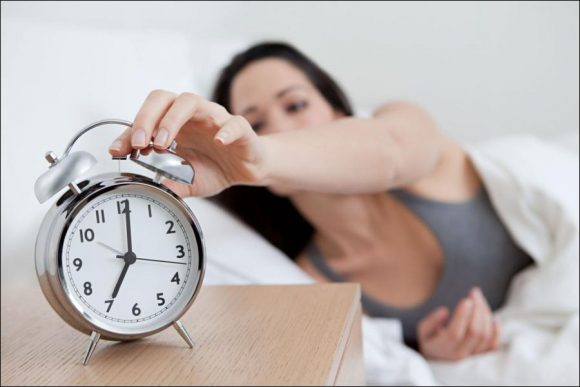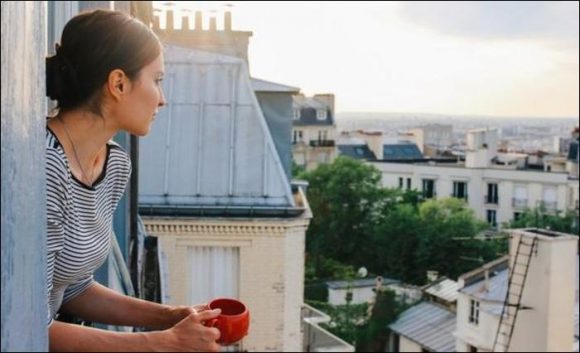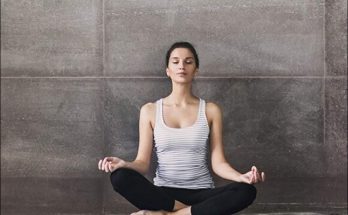A study of those who woke up early and late from sleep revealed not very bright findings for night owls.
According to the research of the science journal Chronobiology International, those who sleep late at night have more health problems. So is it really a bad thing to be a night owl, and should we give up on it and be early?
‘Social jetlag’
This is a scenario for everyone working. After trying to fall asleep, having to wake up from delicious sleep with the alarm of the clock and get out of bed.
Tired of sleeplessness towards the weekend and then trying to catch the lost sleep. This may sound normal, but this shows that you are not getting enough sleep and experiencing “social jetlag”. In this context, social jetlag means the difference between your sleep patterns during the week and your sleep on the weekend.
Studies show that people who have higher social jetlag smoke more cigarettes and drinks. The larger the social jetlag, the greater the health problems such as heart disease risk and methobolism problems.
According to Till Roenneberg, a professor of chronobiology in Munich, night owls – especially late shields – face greater health risks than early shields. Since many schools and businesses start early, night owls also have to start early in the morning.
‘Human biology’
So how should night owls cope with this? Should he stop getting up late on the weekend and set up a clock to keep up with his rhythms during the week?
Professor Roenneberg, who thinks that being a night owl is not unhealthy, “This is the worst thing they can do. Because the moments we want to sleep are not just a sign of habit or discipline. This is about 50 percent of our body clocks set by our genes. The rest is about the environment and our age. As we get older when we are 20 years old, we get up early and our body clock gradually gets older.
“There are ideas that late-lying people are useless or late-rising people are lazy. But in reality this is human biology,” said Malcolm von Schantz, a professor of chronobiology at Surrey University.
According to the results, there are not only night owls and early birds. There are also those in between. Getting up early will not hinder your genetic tendencies or deprive you of the sleep you need, says experts.
It is possible for night owls to transform their body hours by changing their habits. Our body clocks are affected by the sunrise and sunset. Many of us are exposed to less sunlight during the day and artificial lights at night. This affects when we sleep. This is especially a problem for those who are late.
Being in the morning sun and reducing artificial lights in the evening – especially lights on the phone and the computer – can train our body clock to get us to bed earlier.
‘The duty of society’
Sleep specialists believe that workplaces, schools, and societies should be the first to do this. At the simplest level, more employees should be allowed to start and finish later.
At the Nuffield Clinical Neurology Department, Professor Russel Foster said it would make sense for some workplaces to adjust working hours according to the employees’ body hours. This can improve employee performance and 24/7 workplace efficiency.
Professor Roenneberg added that he needed to correct the sleep-disrupting order created by the community. “It is the duty of the society. To ensure that more natural light enters the buildings and expose people to less blue light,” said Ronneberg.
Visits: 65




